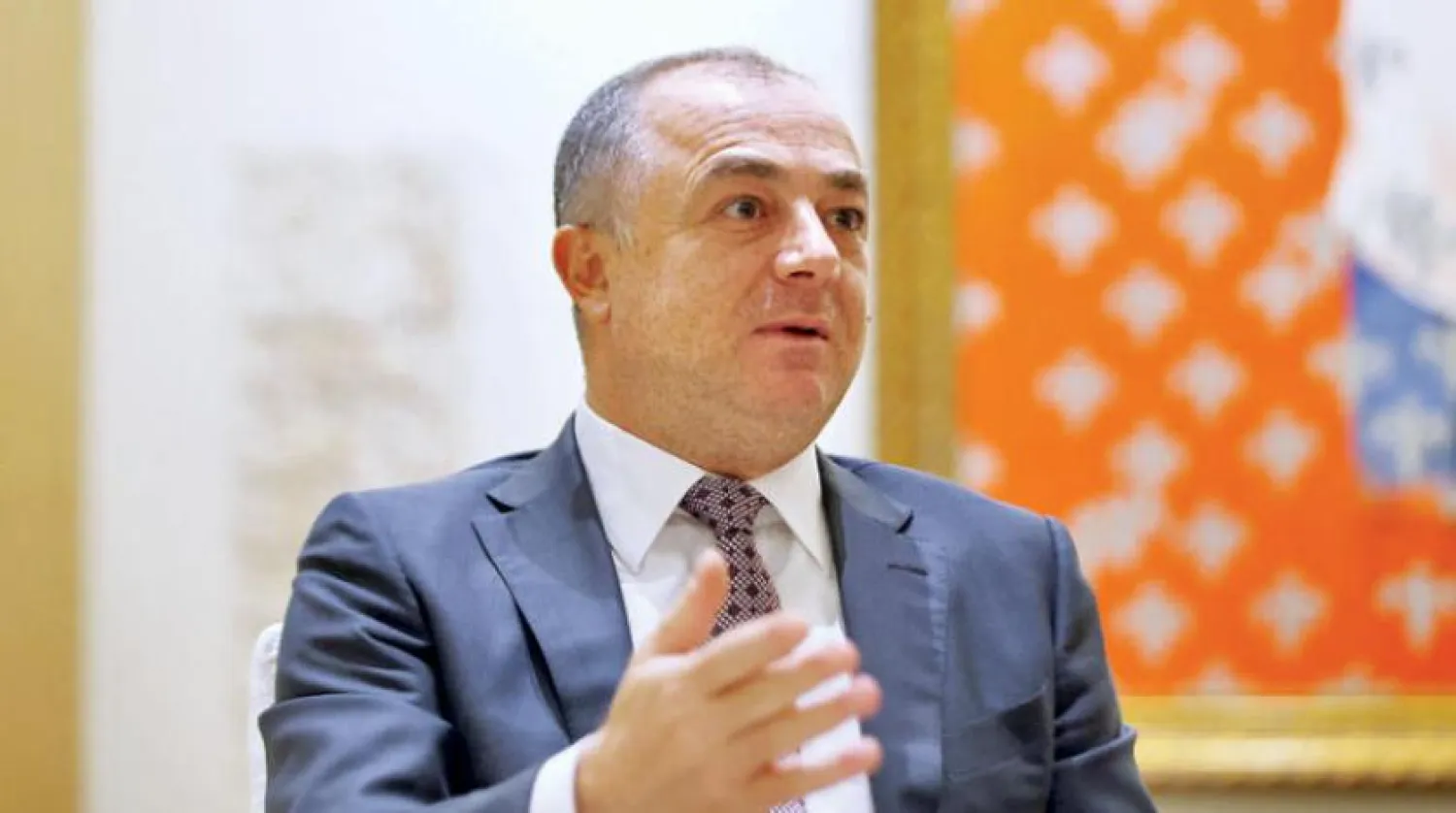Lebanon’s Deputy Speaker Elias Bou Saab pledged Monday that Parliament will never agree to legislate any law that would write off deposits in Lebanon’s banks.
Bou Saab was speaking following a session of the joint parliamentary committees devoted to resuming the discussion of the capital control bill.
“There is hope to get out of the crisis if we collaborate and work in transparency. The depositors' money must be returned gradually. We must reach a stage where all the funds are returned to depositors," the Deputy Speaker said.
He revealed that the joint parliamentary committees are expected to approve the long-awaited capital control law in their next session before transferring the bill to the 128-member Parliament for final approval.
“In principle, one session remains to approve the law and its amendments,” Bou Saab said.
He revealed during Monday’s session the discussions have reached Article 11 of the bill.
He said this article discusses the role of the judiciary in terms of lawsuits filed by depositors against banks.
“Lawsuits that are filed abroad will not be canceled, and this is for the benefit of depositors,” he said. However, Bou Saad pointed out that banks do not transfer funds abroad if the case is related to a large sum.
“The capital control bill will only take into consideration the rights of depositors,” the Deputy Speaker assured, stressing that bank deposits have not disappeared.
“The important thing is that MPs now approve the Capital Control Law,” he said.
Bou Saad also commented on early discussions by the parliamentary committees that approved setting a minimum monthly withdrawal amount of $800 for dollar accounts.
In this regard, he called for cooperation between the Central Bank and banks to implement this procedure, adding that about 150,000 depositors can benefit from this law.
“We want to preserve the banks because, without banks, we cannot pay anything,” the MP stated.
He added that “the Central Bank has funded the State’s budget, and therefore the State must bear the responsibility to return these funds.”
Bou Saab suggested that the State invest in its own properties to fund its spending.
“There must be a committee that sets an economic plan because we have many question marks around the plan presented by the government,” he added.









